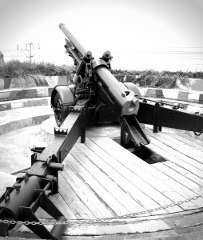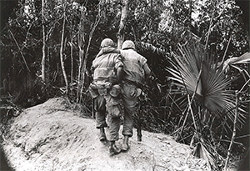Russia, War in Ukraine, and Christian Confidence
Body
“It’s been 20 centuries since He said these words, and there have been wars and rumors of wars. There have been revolutions and famines and earthquakes and plagues. Yet, through it all, it’s still true: Christ has overcome the world.” - Breakpoint
 Republished, with permission, from
Republished, with permission, from  Reprinted with permission from
Reprinted with permission from 
Discussion